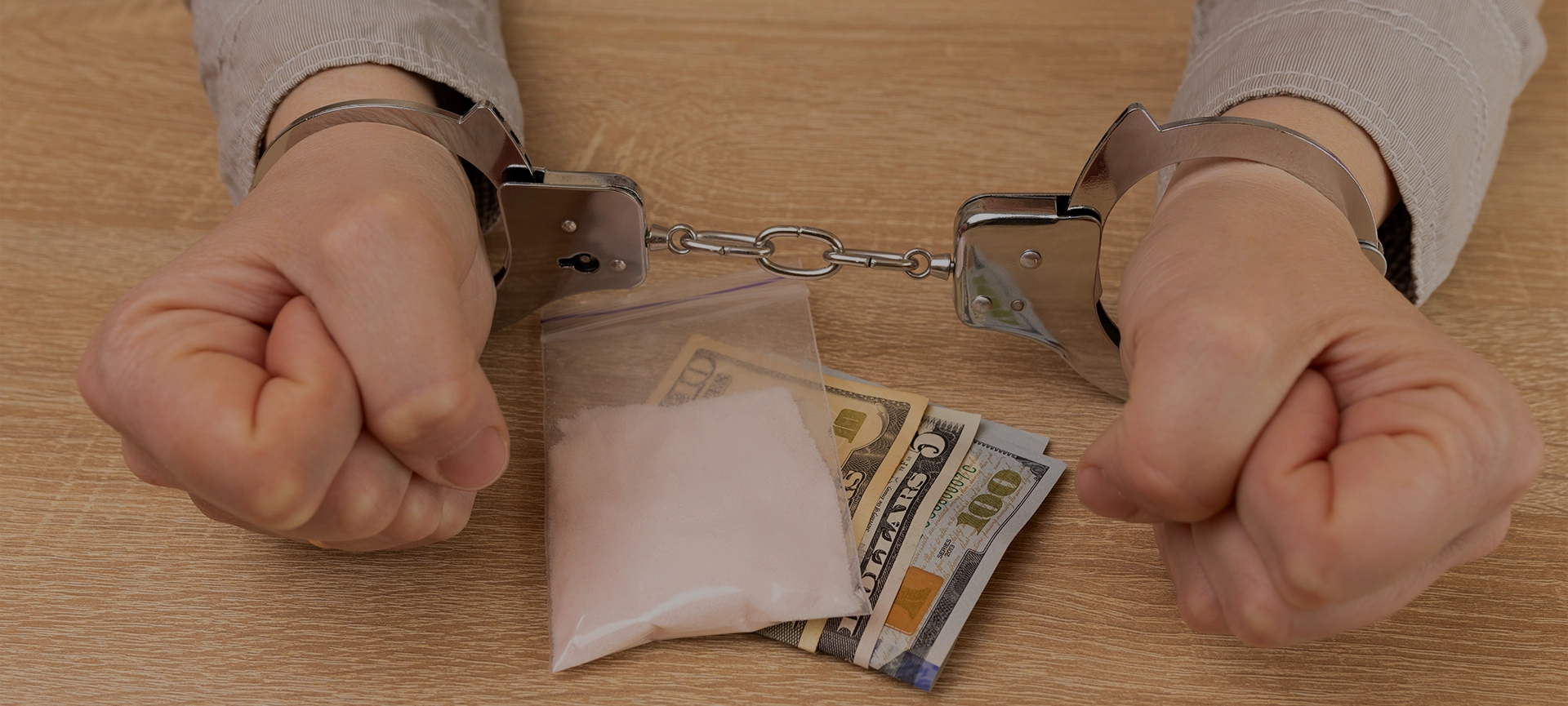If you have been charged with attempted murder in Canada, you must familiarize yourself with your options as soon as possible. Learning about your rights and the justice system (as well as having a great defence team) may help you avoid a long jail term.
Here, you’ll learn what strategies and legal considerations those defending against murder charges can reach for. This will give you a better understanding of what you may expect during your case and how you can overcome these charges.
What is an Attempted Murder Charge in Canada
Commonly speaking, attempted murder is considered a failed attempt to cause someone’s death.
If you intend to commit the actions that led to this event, you can be charged with attempted murder. For example, if you’re intentionally driving your vehicle too fast because you’re in a hurry and hit a pedestrian, you can be charged with attempted murder because you intended to drive criminally, even if you had no intention of hitting someone.
In Canada, the Crown prosecutor must prove that this specific intent existed and that the defendant took at least one step beyond preparing for the action. This can be challenging, and if the prosecution can’t prove this, a defendant has a chance of being released from charges or receiving the not guilty verdict at the end of their trial.
As the Charter of Rights and Freedoms dictates that every defendant should be considered not guilty until proven otherwise, the Crown must prove their case beyond reasonable doubt. This includes showing that direct action was taken to commit murder.
Still, the charges can’t be taken lightly. An attempted murder charge is an automatic indictable offence, which is the most serious type of charge you can face.

What Aggravating and Mitigating Factors Can Affect the Defence Against Attempted Murder
Attempted murder is a crime with huge potential consequences, such as long-term imprisonment, and certain factors can help or harm the defence.
For example, if there was no firearm (or a similarly deadly weapon) used in committing the crime, the penalties will be lesser, or, in some circumstances (such as self-defence, for example), the defendant can even be released from charges. By contrast, if a weapon is involved, the punishment will be higher.
Just like in the case of first and second-degree murder, you can be sentenced to life for attempted murder. The minimum sentence when the weapon is used is five years imprisonment or seven years if it wasn’t the defendant’s first offence.
If the defendant isn’t the one who committed the attempted murder but is associated with the individual or organization that did it, they can still receive a minimum of five years imprisonment.
Legal Defence Strategies and Consideration in Attempted Murder Defence
There are a few legal defences that a skilled lawyer can use to help you avoid a guilty verdict in an attempted murder trial. Let’s look at the most effective:
Intent to Kill
The first line of defence is to disprove that the defendant had the intent to commit murder. The defence may argue that while the accused did cause bodily harm that could have led to the victim’s death, they never had an intent to kill them.
Provocation
If the victim provoked the defendant, causing them to reach a mental state where they weren’t aware of forming an intent to commit murder or weren’t able to form it before they committed the crime, this can be a valid defence against an attempted murder charge.
Self-Defence
As another valid legal defence in cases of attempted murder, the defence can claim that the accused’s actions were taken in self-defence. According to the Canadian Criminal Code, if a person was forced or believed that they were forced to use force against another person (whether by being threatened directly or having a loved one threatened), they can’t be found guilty of the offence.
Likewise, if the offence is committed and considered reasonable in the given circumstances or the defendant was forced to hurt someone to defend themselves or someone else, they can be liberated from the charges.

Issues That May Appear During the Investigation
Due to the severity of the offence, attempted murder charges require an in-depth and fair trial. This may involve examining and handling evidence collected at the scene, witness testimonies, phone and electronic data records, video footage, or any other information the police can gather and hand to the prosecution.
The defence must also receive this information and review it, and if they find any irregularities during the procedure, they can use it to build the case that would defend the charge. Even if they can’t use it to disprove the charge, they can use it to determine the best legal defence.
Final Thoughts
Attempted murder charges are incredibly serious, with potential sentences ranging from five years to life imprisonment. However, for the defendant to be found guilty of the charge, the Crown must prove that they had the intent to commit the murder.
Some of the strategies used to defend against the charge are self-defence and provocation, as well as extenuating circumstances and potential irregularities that arose during police investigations. If you’re in need of a strong legal defence, then contact AGP LLP today. We’ll be happy to offer you a free consultation and see how we can help you.





